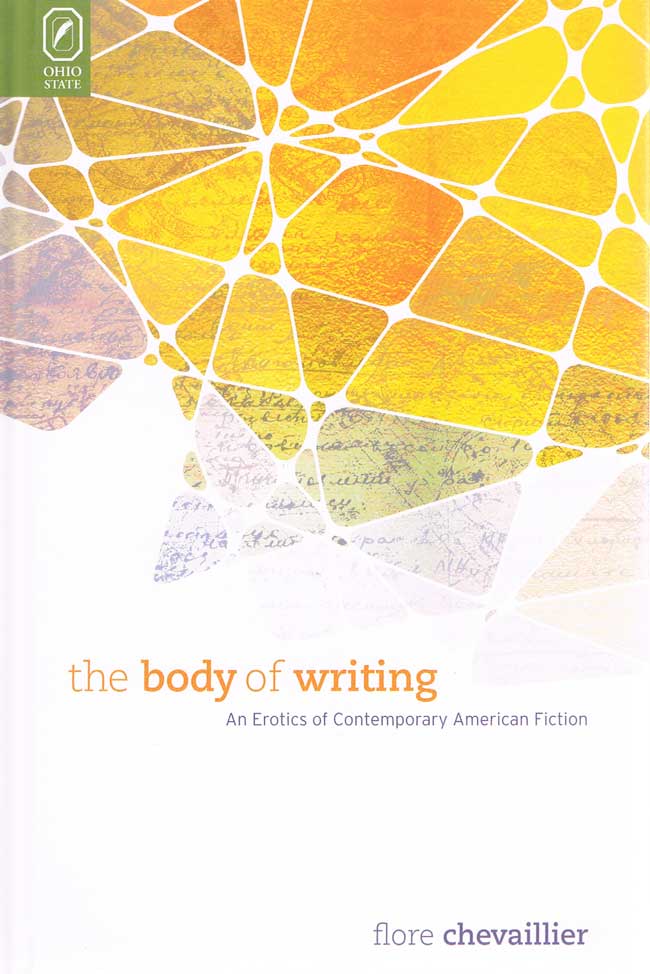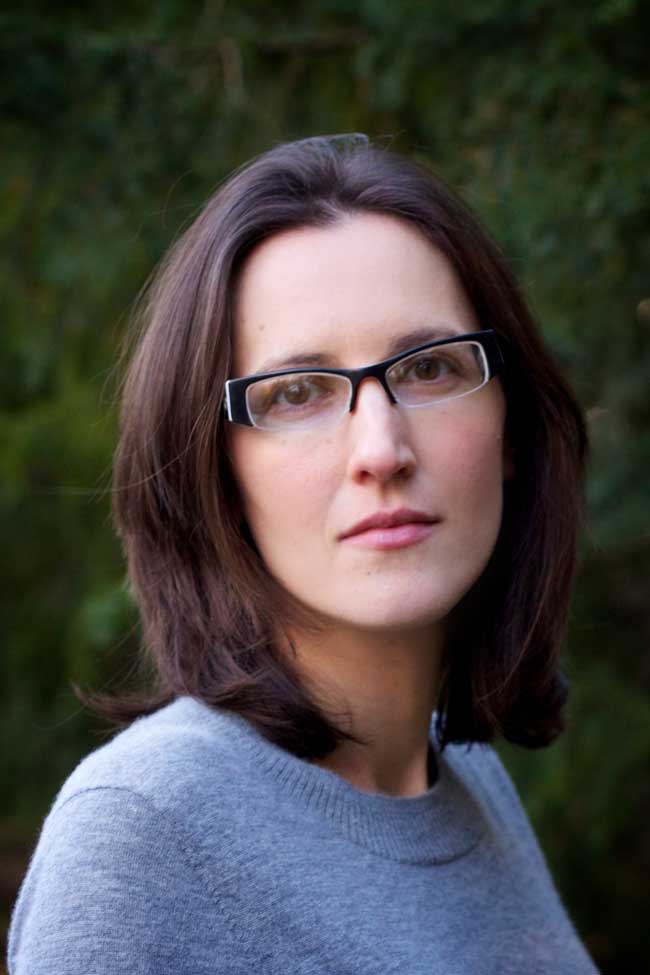The Body of WritingAn Erotics of Contemporary American FictionFlore Chevaillier |
 5/20/2013 Literary criticism/ 161 pp. 6x9  $54.95 cloth 978-0-8142-1217-2 Add cloth to shopping cart $14.95 CD 978-0-8142-9318-8 Add CD to shopping cart Shopping Cart Instructions Review/Change Shopping Cart & Check-out | |||
|
Explore More The Theresa Hak Kyung Cha Archive at the Berkeley Art Museum |
“The Body of Writing is an important study of some of the major texts in contemporary experimental fiction, which is a badly neglected area of current literary studies—as well as a body of literature almost completely ignored by commercial publishers and mainstream literary reviews. Flore Chevaillier’s book is a model for other literary critics to emulate.” —Gerald L. Bruns, author of The Material of Poetry: Sketches for a Philosophical Poetics “Flore Chevaillier has written an interesting and valuable study. The topic of the materiality of text continues to be on the table, and these particular literary texts have received little critical attention. By invoking a wide range of theories, both modern and contemporary, and by discussing a broad spectrum of contemporary texts, The Body of Writing enlarges the discursive landscape in useful and provocative ways.” —Eyal Amiran, associate professor of comparative literature and film and media studies, University of California, Irvine The Body of Writing: An Erotics of Contemporary American Fiction examines four postmodern texts whose authors play with the material conventions of “the book”: Joseph McElroy’s Plus (1977), Carole Maso’s AVA (1993), Theresa Hak Kyung Cha’s DICTEE (1982), and Steve Tomasula’s VAS (2003). By demonstrating how each of these works calls for an affirmative engagement with literature, Flore Chevaillier explores a centrally important issue in the criticism of contemporary fiction. Critics have claimed that experimental literature, in its disruption of conventional story-telling and language uses, resists literary and social customs. While this account is accurate, it stresses what experimental texts respond to more than what they offer. This book proposes a counter-view to this emphasis on the strictly privative character of innovative fictions by examining experimental works’ positive ideas and affects, as well as readers’ engagement in the formal pleasure of experimentations with image, print, sound, page, orthography, and syntax. Elaborating an erotics of recent innovative literature implies that we engage in the formal pleasure of its experimentations with signifying techniques and with the materiality of their medium. Such engagement provokes a fusion of the reader’s senses and the textual material, which invites a redefinition of corporeality as a kind of textual practice.
| |||


